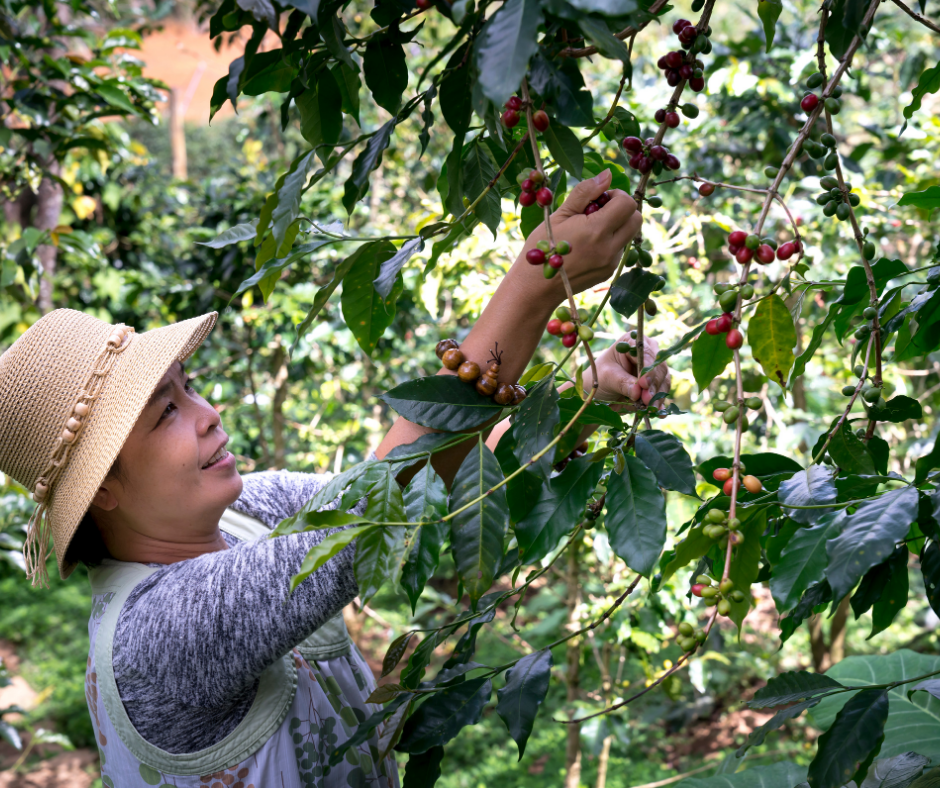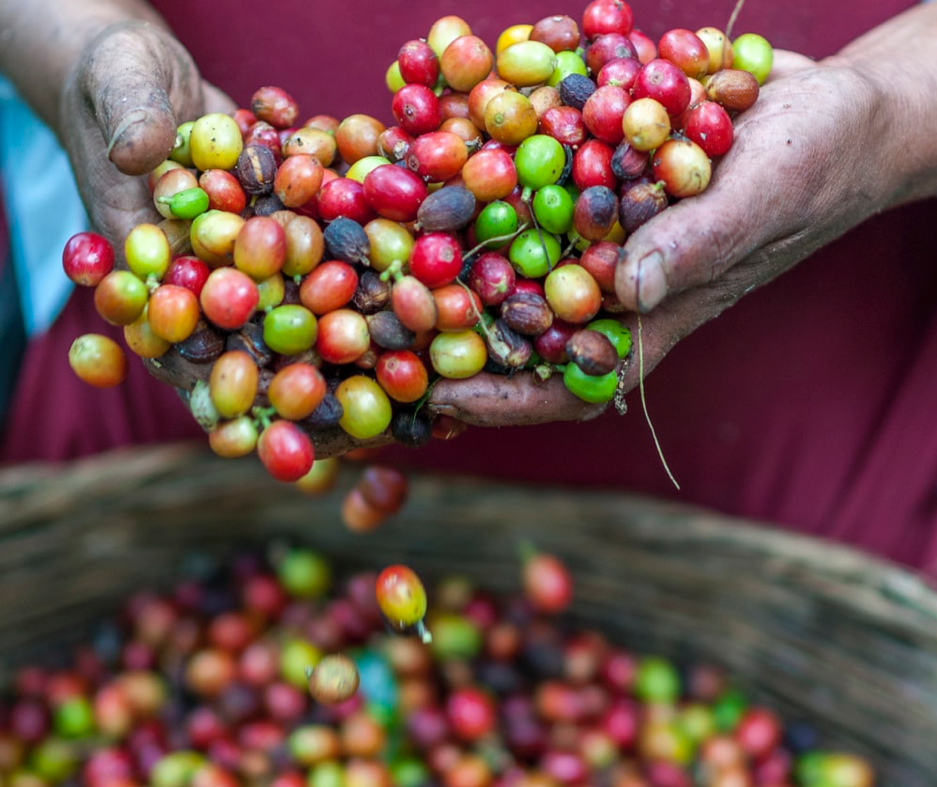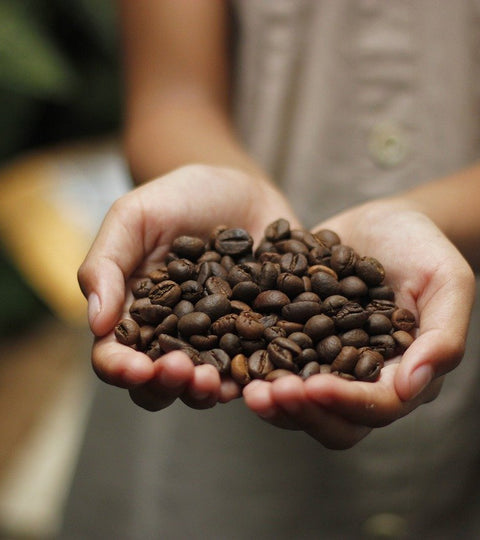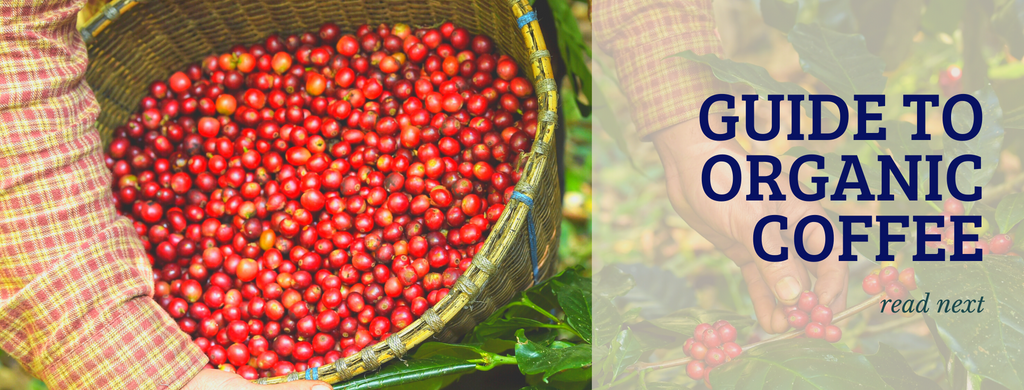What is Fairtrade Coffee?
Did you know that over 125 million people around the world depend on coffee for their livelihoods?
Despite being the most traded agricultural commodity, coffee growing is unreliable as a source of income. Coffee is mostly grown by smallholder farmers, and if a crop fails or costly problems arise, then they can easily be left in a situation in which they do not have enough money to live.
This is where Fairtrade comes in.
What is Fairtrade?
Fairtrade is a certification that shows products have been produced to fair standards. Fairtrade aims to provide farmers with a Fairtrade Minimum Price for their coffee, that ensures their costs of production are covered, even when market prices fall, or crop issues arise.
Fairtrade also aims to improve sustainable growing methods and help with the whole community in farming areas. At least 25% of the money that goes to Fairtrade coffee farms is used to improve the quality of the coffee and the methods used to grow it.
The organisation was first started in 1988 as a response to the hardships faced by Mexican coffee farmers following the global collapse of coffee prices at that time. There are now around 800,000 coffee farmers working with Fairtrade around the world.

Why is Choosing Fairtrade Important for Coffee?
There are many challenges that coffee farmers face. For one, the effects of climate change are having a drastic impact on farming coffee. Land that was once ideal for producing coffee plants is now no longer usable due to changes in rainfall.
Climate change has a knock-on impact for many aspects of coffee farming, including the risk of unpredictable weather conditions, disease and insect damage.
Coffee farmers often have low and unpredictable incomes, so choosing a Fairtrade coffee provides farmers with protection, ensuring that they have enough money to survive year-round, even if a crop fails.
Why Is Fairtrade Good For the Environment?
In order to become a Fairtrade farmer, coffee growers must make changes to their processes to improve soil and water quality, reduce the amount of chemicals used, manage pests, reduce waste and greenhouse gas emissions.
Fairtrade supports farmers to do this, and each of these actions has a positive impact on the planet, helping to make farming more sustainable and environmentally-friendly.
Some of the ways this is achieved include projects to promote reforestation, preventing the use of harmful chemicals, reducing water usage and making use of green energy sources, such as cow dung biogas stoves.

Working for the Future
As well as making immediate changes to the way that coffee plants are grown, Fairtrade also often help farmers prepare for the future and the changes that may bring.
To help prevent further deforestation issues, Fairtrade has helped farmers start growing trees and crops together, with the trees providing shade for the crops. Their fallen leaves make for great compost too!
Another major area of future planning comes from climate adaption training. As mentioned, the changing climate has created innumerable problems for farmers around the world.
One of the hardest problems has been how new climate conditions have caused new pests to thrive, with many farms facing outbreaks they were not prepared for that devastate their crops. Fairtrade can help to support and educate farmers on new practices that can help to control outbreaks and prevent future ones to reduce crop loss.
What You Can Do
In the UK, around 25% of our coffee purchases are Fairtrade. There is clearly a growing trend of switching to more conscious coffee choices. But there is still more to be done!
If you haven’t already made the switch to Fairtrade coffee beans, then perhaps, if you can afford to choose a bag of Fairtrade certified coffee, you can look out for one the next time you go shopping for beans! Just look out for the Fairtrade logo on the packaging.
If your favourite coffee shop isn’t offering Fairtrade coffee, then perhaps talk to them about switching or introducing a more ethical coffee to their menu. Many coffee shops are always on the lookout for ways to be more eco-friendly, and making the change to Fairtrade coffee is one of the easiest ways!
Do you use Fairtrade coffee already? If so, let us know your favourite beans and brands in the comments below or on our social media channels.
If you’re looking for more ways to make your coffee consumption better for the environment, then be sure to check out our eco-friendly coffee maker, the AeroPress! Leaving no landfill waste and using no energy to brew, the AeroPress is ideal for eco-conscious coffee lovers, both at home and on the go!



0 Comments
There are not comments yet. Be the first one to post one!